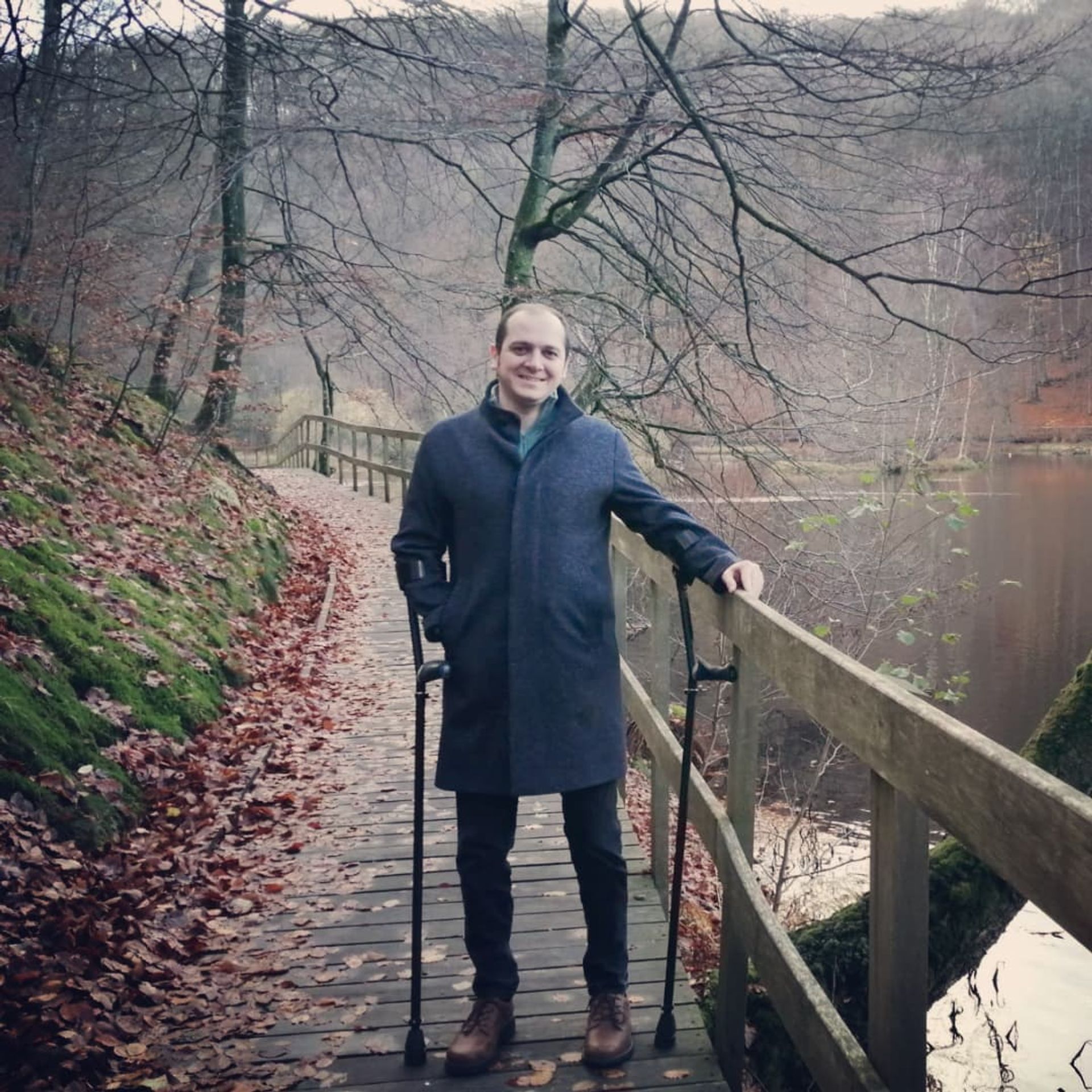Study with a disability
Studying abroad is exciting. But it’s also challenging. Daunting. Maybe even more so if you have a disability. But we have the support and resources for you to come and be who you are.⚡
Your university is here to support you. But the processes and services available might not be exactly the same as you’re used to.
And there are a few extra steps you’ll need to take before you move. Like organising learning support. Or checking exactly how accessible your campus, city, and future home will be. And it might take a little bit of time to sort it all out.
You can receive learning support according to your needs. And the type of support that’s available includes:
- course literature options like audio books, electronic textbooks, braille
- special arrangements for exams
- note-taking support
- mentor or extra supervision
- study skills supervision
- sign language interpreters
- access to computers on campus with accessible software, and other technology-based support
And according to Swedish law, ↗️ a disability – “funktionsnedsättning” or “funktionsvariation” in Swedish – is defined as a permanent physical, mental, or intellectual limitation of a person’s functional capacity. So, this could include having a visual, hearing, or mobility impairment. Or having a learning disability like dyslexia. Or it could be another long-term condition. But no matter what, we’re working to ensure equal opportunities for everybody.
How can I organise learning support?
You might need to speak to a few different people in the process. And, well, that’s because not all Swedish universities do things the same way. You could receive support from multiple people during your time here. Maybe even from your programme coordinator and teachers.
You probably won’t need to get in touch with anyone here in Sweden to organise your support before you move. So if your exchange studies here are part of a full degree programme in your home country, all you’ll do is have a chat with your exchange coordinator and discuss what kind of adjustments you’ll need. They’ll get in contact with your host university to sort it all out.
If you’re coming to Sweden to study an entire bachelor’s or master’s programme, then you’ll have to discuss and arrange your support with your university here. Not sure who to turn to? Contact the student services office first – they’ll point you in the right direction.
If you struggle with mobility, then accessibility might be your concern.
And we bet you’ll want to know exactly how accessible your city, your campus, and your student dorm will be.
You’ll find that university campuses here are required by law to be accessible to students with disabilities, whenever possible. And public buildings, like shopping centres and office buildings, tend to be pretty accessible too. They often have:
- ramps
- elevators/lifts
- wheelchair-accessible restrooms
- wide doorways and hallways
And you’ll often find:
- elevators/lifts to train and subway platforms
- ramps between the ground and trains/buses
But if you know you’ll be going somewhere and using a bus, subway, or train, it’s probably a good idea to check what kind of facilities are in place before you travel.
Comparatively speaking, wheelchair-accessible housing is widely available here. But student housing is in high demand. So contact your university’s housing office as soon as you can, and let them know exactly what you need. They can help find a place that’s right for you.
Some universities don’t offer guaranteed accommodation. So you’ll need to search for a housing by yourself.
But it depends on the university. And if they don’t, contact their housing office anyway. They know the local housing market, so they can suggest where to start your search.
 What is it Like to Study with a Disability in Sweden?
What is it Like to Study with a Disability in Sweden?